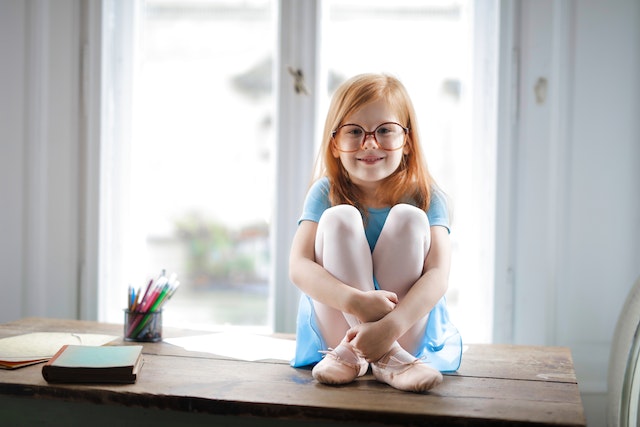Landlord Blog
Education and news for smart DIY landlords!
Small House vs Big House: How to Decide

Do I need a big house or is a small house enough for me?
You may have asked yourself this question while looking for a new home. Most people think that bigger houses are better, but it's not always the case. This will depend on your budget and circumstances. If you're unsure which is better for you, here are different factors to consider when deciding between the two.
1. Your budget
This is the first thing that you need to check when home-hunting because your choices are constrained depending on your budget. Remember that bigger houses usually have higher price tags. You may have a larger space to live in, but you also need to pay for a larger mortgage, equity, and maintenance.
Aside from relatively minor property costs, smaller houses also need less energy and maintenance. So you have fewer worries about electric bills, house and cleaning materials.
Prices also vary depending on the location. And assuming that you can pay the downpayment, you need to allocate some of your monthly income toward housing. This isn't just the mortgage payments but also property taxes, homeowner insurance, utility bills, and maintenance costs. Don't empty your wallet just for your house because you also have other aspects in your life. Ideally, its cost shouldn't be any more than 32% of your income.
Read more: The 7 Maintenance Skills New Homeowners Should Know
2. Size of your family
The main advantage of a big house is the space. You will get enough bedrooms, bathrooms, and even a basement, which you can convert into an office or additional storage. This is very convenient if you have a big family or are planning to have one.
However, a big house is not recommended if you live alone or have a small family. There may be rooms that will be rarely used, which is a waste of space and money. Also, a small house usually creates a cozy and inviting ambiance.
The only drawback of having a tiny house is the possibility that it cannot cater to your growing needs. So double-check how much stuff you are going to put into your house.
3. Convenience
A bigger home requires greater responsibility. So before you commit to buying a house, you need to determine if you can regularly clean the entire house or do extensive repairs over time. Larger houses also commonly have large outside premises like yards, gardens, or pools that you need to maintain.
For smaller houses, your concern will be the organization. Since your space is smaller, it will have a higher tendency to look messy or cluttered, especially if you have toddlers. Buying more things can also worsen your house's situation.
4. Location
If both small and large houses are good for you, then look for the location. Location is also crucial when purchasing a home, especially when you're planning to rent out your house, have children that go to school, or need more accessible establishments.
Conclusion
In the end, there is no definite choice. It all depends on your finances, capabilities, and preferences. Once you consider what size of the house is suitable for you, check out the other factors like the age and condition of the house, crime rates, and the housing market.
